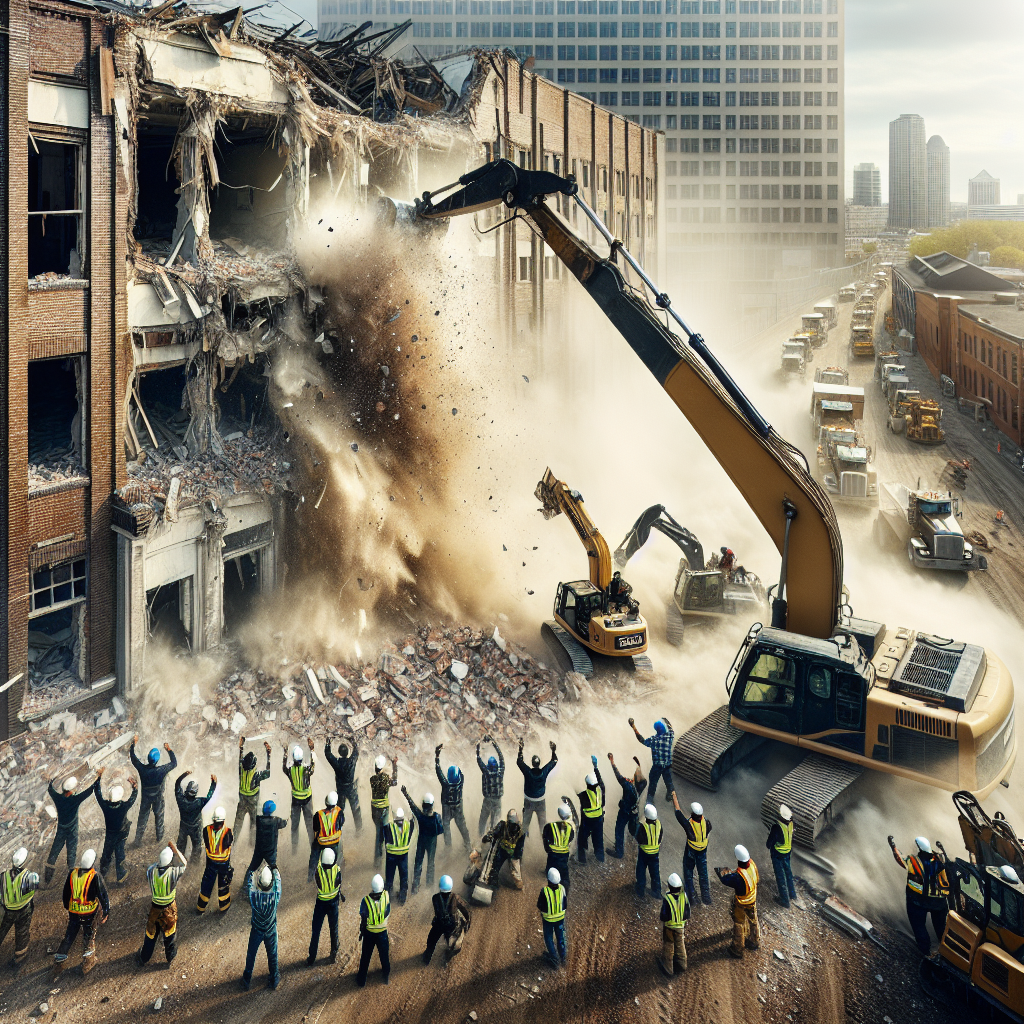Supreme Court Warns Against 'Collective Punishment' in Property Demolitions
The Supreme Court of India ruled that demolishing a house solely because a resident is accused or convicted of a crime constitutes 'collective punishment' for the entire family. The Court issued guidelines emphasizing the socio-economic impact of such actions, advocating for more balanced legal proceedings.

- Country:
- India
The Supreme Court of India has deemed the demolition of homes based on a resident's criminal status as a form of 'collective punishment,' affecting not just the accused but their entire family. This significant ruling was delivered by a bench of Justices B R Gavai and K V Viswanathan, who laid down national guidelines for property demolitions.
The Court highlighted the socio-economic dimensions of home ownership, asserting that for the average citizen, a house represents years of hard work and dreams. It stated that demolition should not be based solely on a resident's criminal charges, as such actions may indicate imminent 'mala fide'.
Furthermore, the Court asserted that the right to shelter is an essential aspect of protection under Article 21 of the Constitution, embodying stability and security for individuals. Authorities must explore alternatives, like partial demolition or compounding, before opting for such an extreme measure, ensuring decisions align with the rule of law.
(With inputs from agencies.)
ALSO READ
Kharge Lashes Out: Constitution Controversy Sparks Political Clash
Seven-judge Constitution bench headed by CJI D Y Chandrachud assembles to pronounce verdict on AMU minority status case.
It is fight of ideology between INDIA bloc and BJP-RSS; Constitution under attack, we are trying to protect it: Rahul Gandhi in Jharkhand.
BJP wants to destroy democracy and constitution of India, alleges RJD leader Tejashwi Yadav in Jharkhand's Chatra.
Congress doesn’t care about Constitution, courts and people’s sentiments; they carry Constitution book in pocket just for show: Modi.










